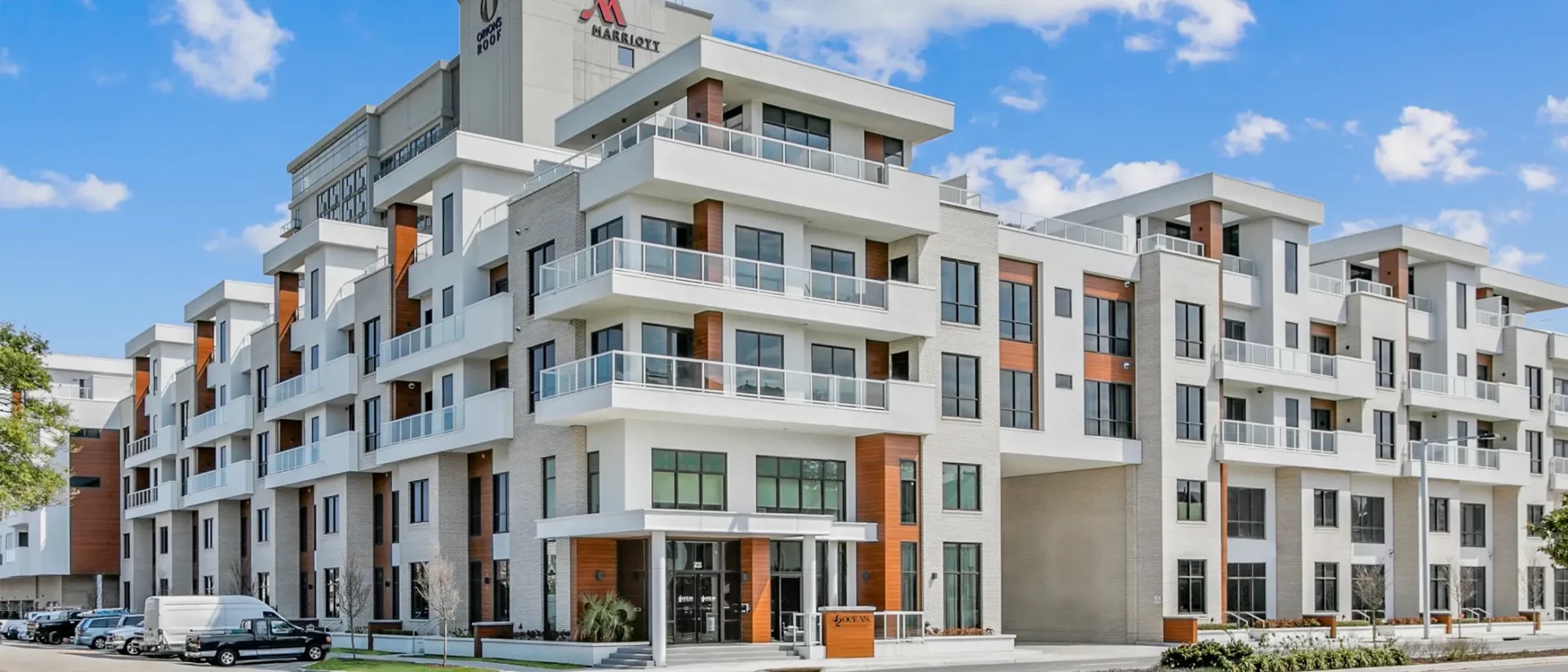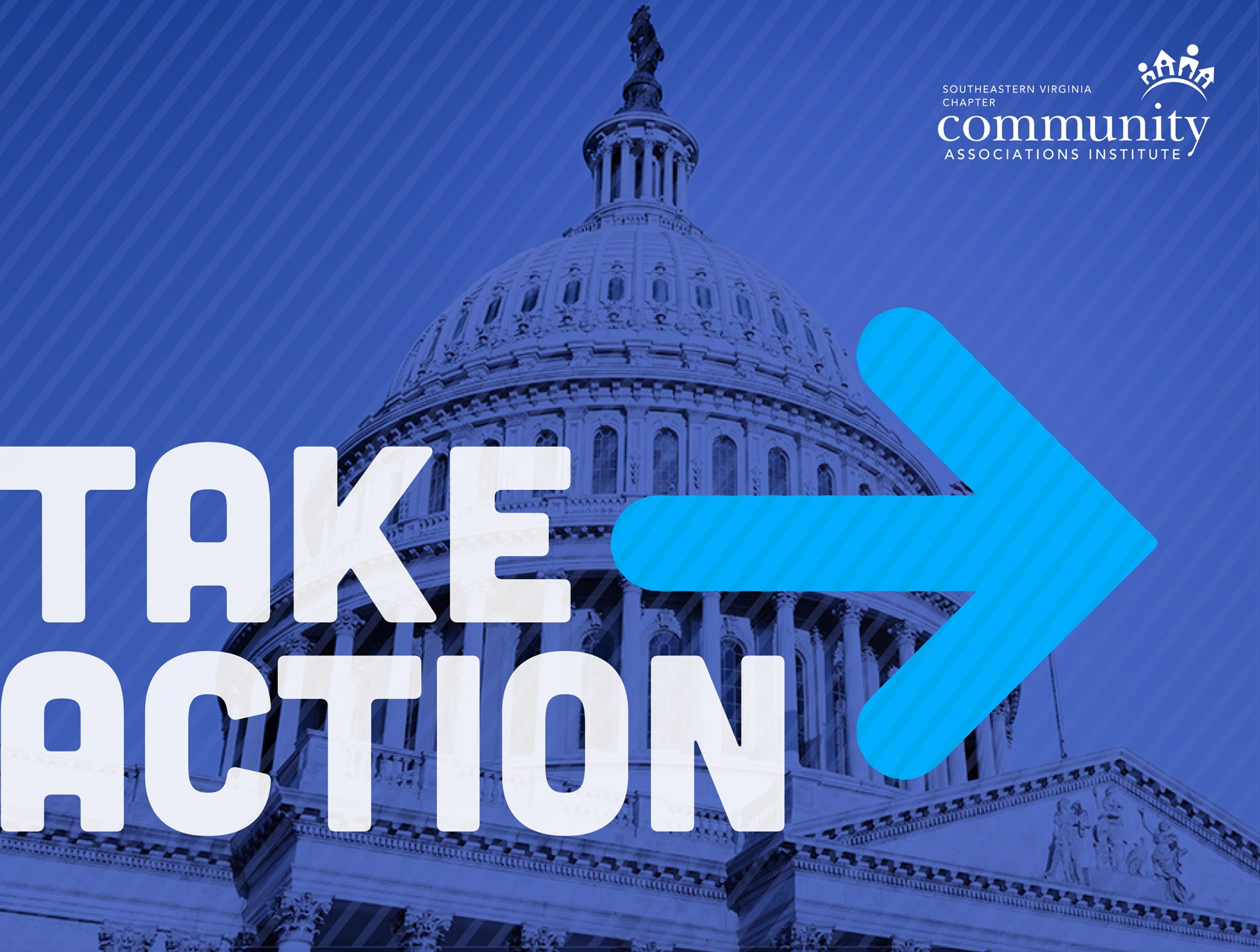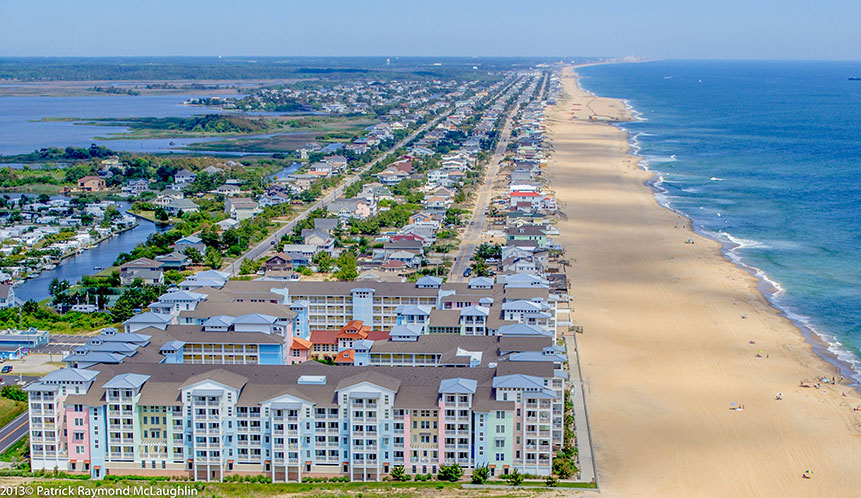Do You Know Your Neighbors

As an Association Manager, I’ve encountered my fair share of unusual situations—but what recently happened in one of our communities was both new and deeply unsettling.

As an Association Manager, I’ve encountered my fair share of unusual situations—but what recently happened in one of our communities was both new and deeply unsettling.

Amendments to the Common Interest Community Ombudsman Regulations went into effect August 1, 2025. These amendments change the required association complaint procedure. The changes may appear minor but add clarity and are favorable.

The Virginia General Assembly continued to take an interest in the important work of community associates in its 2025 session. We highlight below notable changes that may affect property owners’ associations and condominium unit owner associations.
These changes will take effect on July 1, 2025.

While the recently celebrated Independence Day, that is not the only special occasion this summer. July 1 is the day that most new laws in Virginia take effect. The Virginia Condominium Act (the “Act”) was enacted on July 1, 1974. It superseded the Horizontal Property Act, which was enacted in 1962. Condominiums are purely “creatures of statute” meaning that without the laws permitting them, they would not exist. In other words, they are a legal entity created by statute. The Act is a legislative marvel, crafted by deep thinkers and innovators. It was a new breed.

This month, the CAI Board of Trustees approved filing a lawsuit to exempt and protect community associations from burdensome requirements outlined in the Corporate Transparency Act. The suit challenging the U.S. Department of Treasury’s restrictive obligations underscores CAI’s unwavering commitment to protecting the community association housing model and its members’ interests.

Effective January 1, 2024, most Virginia community associations will be required to comply with the federal Corporate Transparency Act (“CTA”) and its regulations, unless a community association fits within one of the narrow exemptions to the Act.

CAI is calling on members and advocates to learn more information about a federal law that has a sweeping impact on most community associations incorporated in the U.S. We need your help to educate Congress about the unintended consequences of this law and urge them to delay implementation and exempt community associations from the requirements.
 On Friday, September 29, Governor Glenn Youngkin announced several key administration and board appointments. Deborah Casey, Principal and Vice Chair at Woods Rogers Vandeventer Black, was appointed to Virginia’s Common Interest Community Board.
On Friday, September 29, Governor Glenn Youngkin announced several key administration and board appointments. Deborah Casey, Principal and Vice Chair at Woods Rogers Vandeventer Black, was appointed to Virginia’s Common Interest Community Board.
The Common Interest Community Board regulates common interest community managers, as well as certain employees of licensed management firms. The Board’s authority also includes condominium and time-share program registrations, and extends to transactions occurring within Virginia, even if the property involved is located outside the Commonwealth. Property owners’, condominium unit owners’, and proprietary lessees’ (cooperative) associations are required to register and file annual reports with the Board.

Effective July 1, 2023, the various resale provisions in the Virginia Property Owners’ Association Act, Condominium Act, and Cooperative Act have been removed and consolidated into a new single act known as the Resale Disclosure Act, which is located in Chapter 23.1 of Title 55.1 of the Virginia Code. The new Resale Disclosure Act groups resale provisions together for Virginia property owners’ associations, condominium associations, and cooperatives, and collectively refers to them as “resale certificates.”

The General Assembly had a busy session that involved consideration of proposals for new laws that would affect community associations. The Virginia Legislative Action Committee monitored dozens of bills. In addition to supporting some legislation, many of the LAC’s efforts are expended in opposing bills that ultimately do not become law or suggesting modifications to proposed legislation. The LAC’s lobbying team provides subject-matter expertise to legislators in community association policy and insight into how proposed legislation would affect associations and other stakeholders.

We are on the cusp of Spring, which means Summer is just around the corner. And pool season is the hallmark of Summer. In addition to securing a pool service contractor and/or lifeguards, community associations should consider the broad spectrum of responsibilities and measures related to the pool. Below is our suggested checklist of items for community associations to review well before the start of pool season for maximum protection.
 "Our Board Just Inherited a Host of Old Violations - What Should We Do?"
"Our Board Just Inherited a Host of Old Violations - What Should We Do?"
We often get calls from new board members after transitioning from developer control. They have questions like this one: Some of the homeowners have added fences, above-ground pools, and sheds without getting approval from the Association. Many of these changes do not appear to meet the standards that are part of our documents. No action has been taken to correct these violations. How do we go about enforcing the covenants and rules?

Architectural control sets the “bar,” if you will, or expectation of design and structural aesthetics within a community. Maintaining architectural control within a planned community is critical for everyone – Think about it: you have owners trying to sell their properties at the highest values, you have buyers that want to purchase a well-maintained home surrounded by equally well-maintained homes and common areas. You also have professionals for hire and volunteers (Community Managers, Legal Counsel, Business Partners, Board and Committee Members, etc.) that are needed to aid in the operation of a community. If you are someone from the aforementioned groups, would you want to sell, purchase, or work with a community that has lost sight of maintaining architectural control and compliance? Probably not.

Neighbor to neighbor disputes seem to be at an all-time high right now. Many times, the neighbors are trying to bring the Association into these battles. In order to best utilize the Association’s assets, Boards and managers must recognize when it is appropriate for the Association to engage, and when to stay out of the conflict.

Tis the season for community association holiday and year-end parties. With such festive and fun-filled events, come certain responsibilities and measures community association should consider. Below is a list of suggested items that should be reviewed prior to an association-sanctioned or association-hosted holiday party.

Disputes can arise between owners and their association regarding who is responsible for maintenance or removal when once healthy trees in the community begin to show signs of death or disease, especially when the trees are located near homes or other structures. Whether the association or owner is responsible (and could be held liable for damages which result if the tree, or a part thereof, encroaches on neighboring property or falls and causes injury or damage) will often depend on whose property the tree is located on, whether modifications or alterations have been made to the property, and what the association’s governing documents provide.

For many condominiums, a secure and safe premises is the polar opposite of a liability: it is a feature and selling point to bring new residents into the community and increase the property value of individual units. From the perspective of condominium association budgets, most condominium association boards can easily defend, to residents, reasonable expenses on security in the common elements. Most if not all residents understand the need for security measures on the premises whether that expense includes merely exterior lighting in parking lots or a whole security suite of protections from video cameras and swipe-card locks to gates and guards.
 Community associations should take notice that Virginia recently became the final state to allow civil litigants a right to appeal a trial court final order.
Community associations should take notice that Virginia recently became the final state to allow civil litigants a right to appeal a trial court final order.
Under prior law, for most civil cases, appeal was not an automatic right. Instead, if a party wanted to appeal a final civil judgment from a circuit court, that party had to petition the Supreme Court of Virginia to take the appeal. A writ panel of three justices and/or senior justices would consider the request, and only grant the appeal if at least two justices on that panel agreed. The appellee, or non-appealing party, had the option to file a brief in opposition to the petition, but did not have to do so. The appellee did not present oral argument unless the writ panel accepted the case.

Let the sunshine in. I am not talking about the popular 1969 song by The 5th Dimension. I am referring to the statutes governing Virginia community associations that require all meetings of a board of directors, including any subcommittee or other committee of the board of directors, where the business of the association is discussed or transacted, to be open to all owners of record[1]. These are known as “sunshine laws” and are the rule for community association meetings.
As with most rules, there is an exception - executive session, during which it is permissible to “close” the door, so to speak. Too often in our practice, we are reminded that the permitted reasons to convene in executive and procedure are not well understood. This article will uncharacteristically shine some light on executive session and examine what it is and how to do it correctly.

Virginia is fortunate to have thousands of square miles of water and coastline. However, waterfront property is not unlimited. It is also in great demand because people value waterfront access rights and the pristine views that come with it. Waterfront property with a pier or dock brings great joy to the family that enjoys recreational boating.